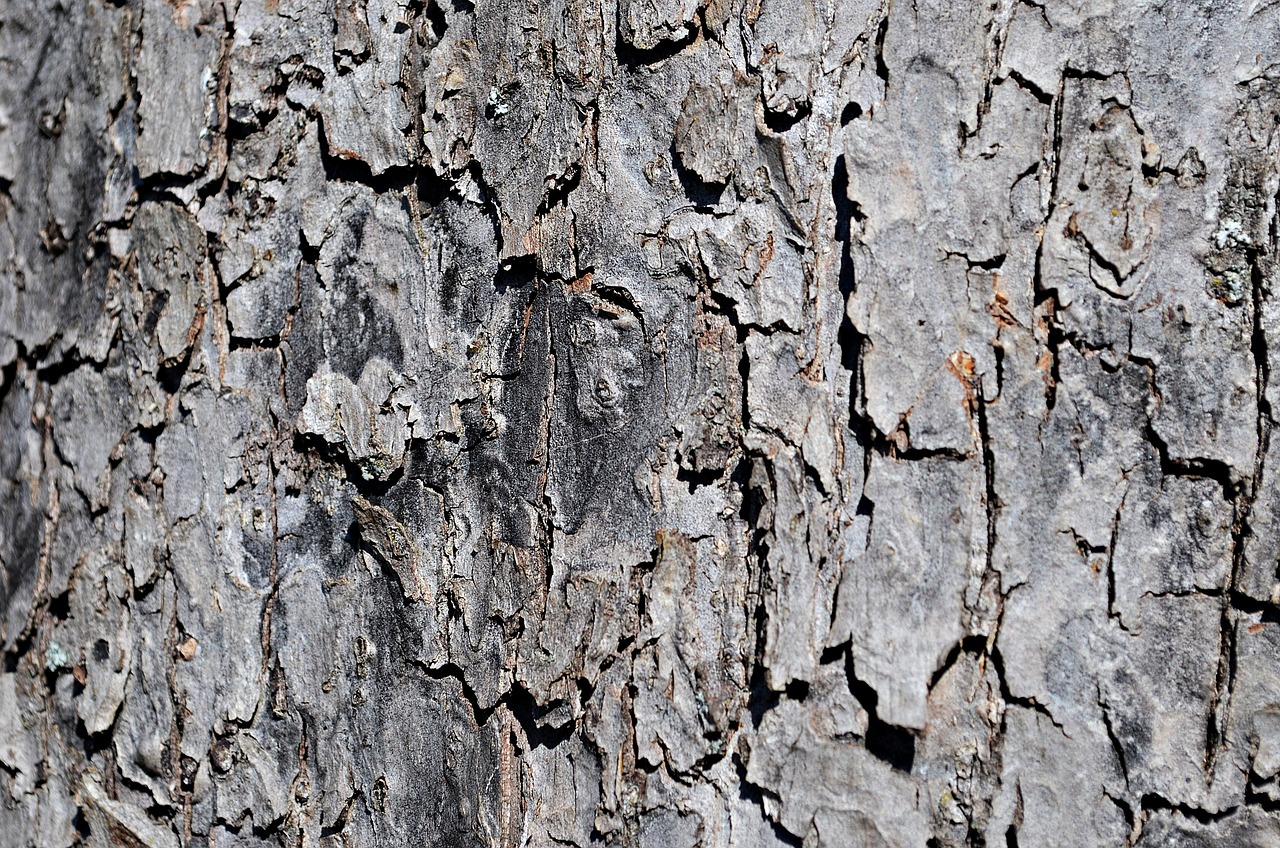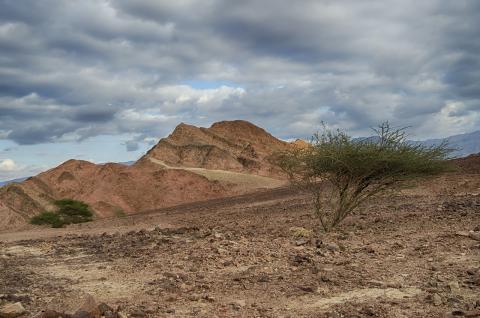Trees capture methane from micro-organisms that inhabit their bark
The surface of tree bark plays an important role in the elimination of methane gas from the atmosphere thanks to the microorganisms that live on it, according to a study published today in Nature in which CREAF participates. Methane is one of the gases responsible for the greenhouse effect. The authors estimate that this process, unknown until now, makes trees 10% more beneficial to the climate than previously thought.

Víctor Resco - cortezas árboles metano EN
Víctor Resco de Dios
Lecturer of Forestry Engineering and Global Change, University of Lleida
This article documents, for the first time, a possible methane uptake in tree bark. On a scientific level, this is a discovery of great potential relevance. Methane is mainly processed by anaerobic microbes that thrive in the absence of oxygen, and its fixation in plants has not been documented.
However, in the paper they only measure a decrease in methane concentration. In other words, this is an observational study, and to some extent a tentative one, as it does not elucidate the underlying mechanisms. Trees do not assimilate methane and the authors argue that the microbes that live in the bark could be the ones that fix this methane, although they have not been able to prove it. This is a paper that will undoubtedly be much talked about, but until we know what processes explain this observation, we should treat the data with caution.
In the context of climate change, the cortical uptake of methane is relevant because it is a much more potent greenhouse gas than carbon dioxide. That is, a methane molecule absorbs more radiation than a carbon dioxide molecule, although the atmospheric concentration of methane is much lower. If the observations from this study are confirmed, they could open the door to a new understanding of the cycle of this potent greenhouse gas. This is not to say that trees will save us from climate change. Unlike CO2, which has a lifespan of several centuries, methane is highly volatile and, in just a few years, degrades naturally (with or without trees).
I hope no one thinks that climate change can be fixed by inoculating methanotrophic microbes into the bark of trees, because that would be a new and meaningless ecomyth.
Gauci et al.
- Research article
- Peer reviewed



